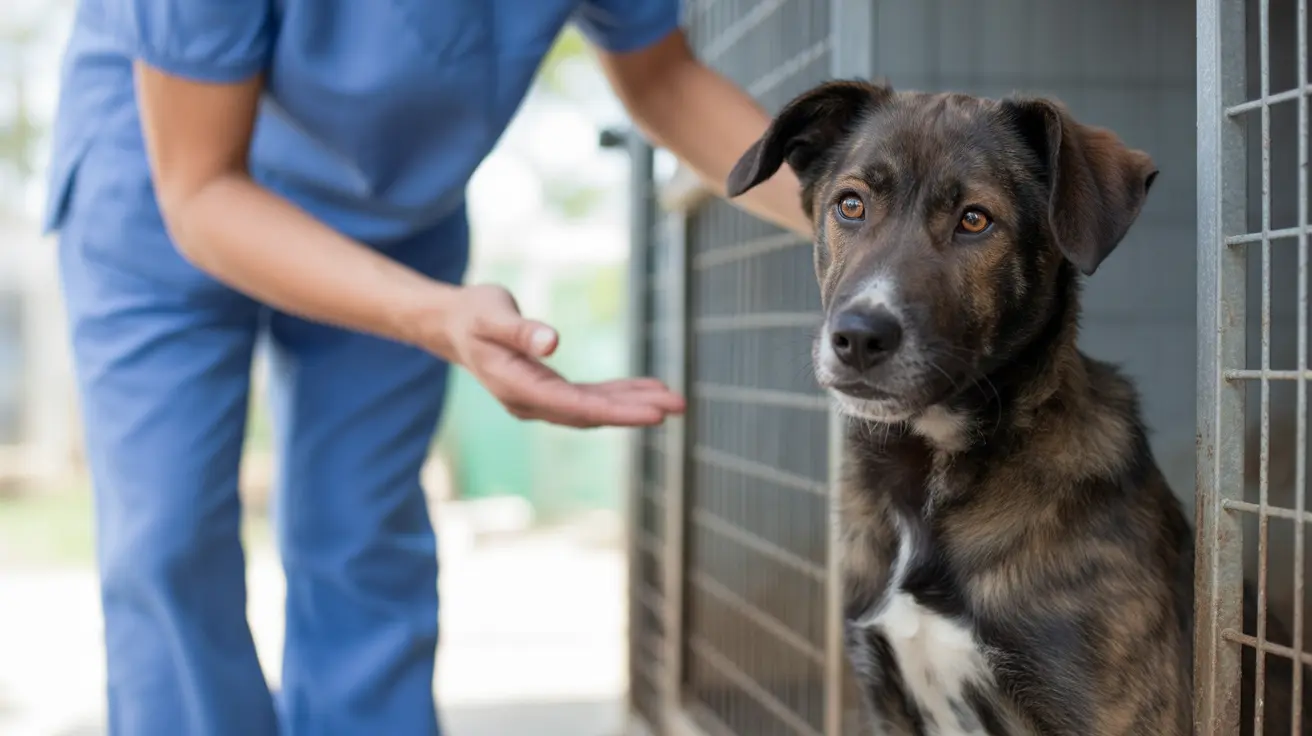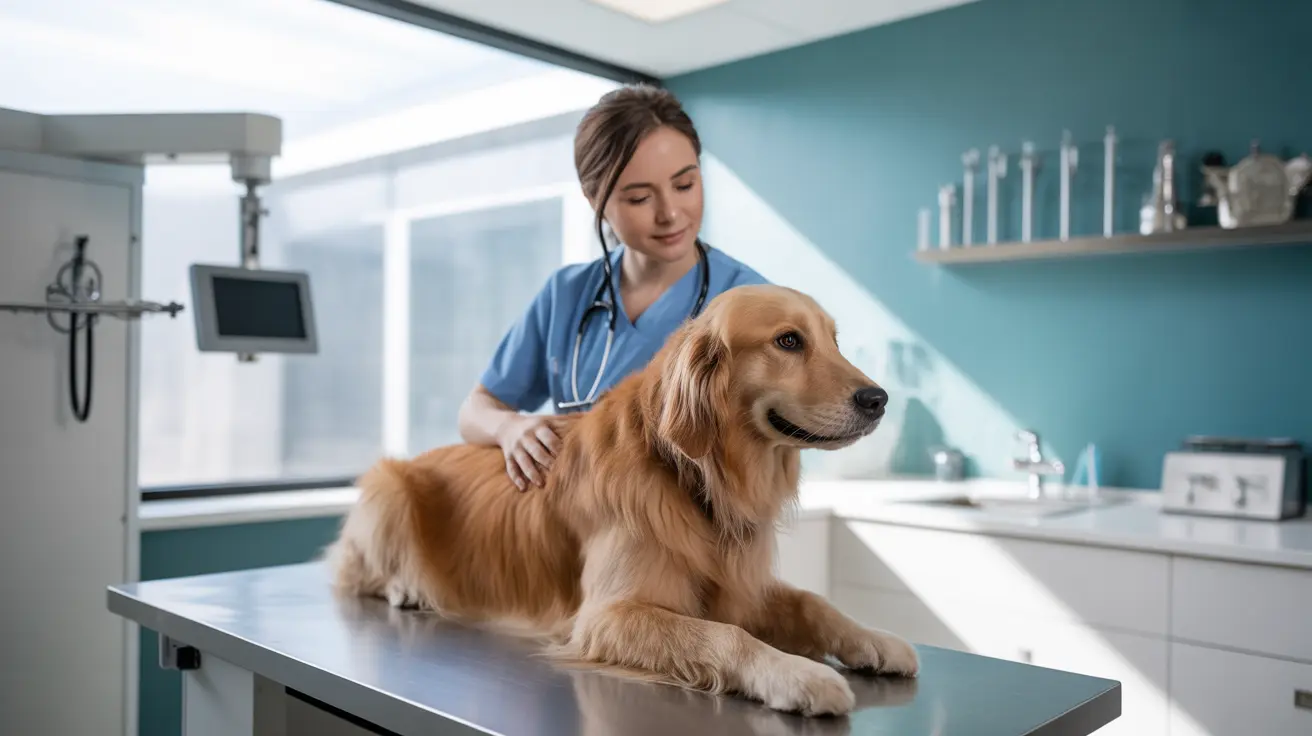Recognizing the Signs of Dog Pregnancy
If you're wondering whether your dog might be pregnant, there are several physical and behavioral cues you can watch for. Dog pregnancy typically lasts about 63 days, but the signs can be subtle at first and become more obvious as weeks go by.
Early Signs: The First Few Weeks
In the initial weeks after mating, most dogs show only subtle changes. Some may act perfectly normal, making it easy to miss early pregnancy. However, you might notice:
- Appetite changes: Some dogs eat less or vomit (akin to morning sickness), while others may eat more than usual.
- Behavioral shifts: Your dog could become more affectionate, withdrawn, irritable, or seek either solitude or extra attention depending on her temperament.
- Mild lethargy: She may seem a bit more tired than usual.
Around one month after mating, a slight mucus discharge from the vulva can appear. This is often one of the first visible physical signs.
Nipple and Body Changes
By three to four weeks post-breeding, your dog's nipples may enlarge, become more prominent, and darken in color. In late pregnancy, these nipples might even leak a little milky fluid. Swollen genitals and mild abdominal enlargement usually develop by the fifth or sixth week.
Later Physical Signs
- Noticeable weight gain: This typically becomes apparent around day 35-40 of gestation.
- Larger abdomen: Her belly will gradually expand over several weeks.
The closer she gets to giving birth, the more likely you'll see nesting behavior—shredding bedding, digging in quiet corners, or moving blankets around. Appetite usually increases in the second half of pregnancy; it's best to feed smaller meals more frequently since her stomach can't hold large amounts at once.
Nesting and Pre-Labor Behavior
Nesting intensifies as labor approaches. In the final week before delivery, her nipples may leak milk. You might also notice her temperature drop below 100°F (measured rectally)—a sign that labor could begin within 24 hours. Restlessness, panting, digging, or even vomiting can mark the start of labor (stage one), followed by contractions and puppy delivery (stage two).
Veterinary Diagnosis: Confirming Pregnancy
- An abdominal ultrasound, as early as 21 days post-mating, reliably shows embryos and heartbeats.
- A blood test for relaxin hormone, produced by the placenta after about 21-27 days; less accurate with small litters.
- A trained vet can sometimes use abdominal palpation between days 28-35—this must be done carefully.
- An X-ray after day 45 reveals puppy skeletons and helps count them.
Human pregnancy tests don't work for dogs; only veterinary methods are accurate.
Caring for Your Pregnant Dog
- Feed a high-quality diet—normal adult food suffices early on if she's maintaining weight.
- Switch to a growth or puppy formula in the last third of pregnancy; increase calories by about 25-50%.
- Avoid supplements unless prescribed; don't give medications without vet approval.
Your dog should have gentle exercise but avoid strenuous activity as she gets further along. Prepare a quiet whelping area away from excitement and other pets well before her due date.
Pseudopregnancy: A Special Note
Some dogs experience false pregnancies with signs like enlarged nipples, lactation, and nesting—even when not pregnant. Only a veterinarian can distinguish pseudopregnancy from true gestation using diagnostic tests.
Trouble Signs: When to Call Your Vet
- Your dog strains in labor for over an hour without producing a puppy.
- You see excessive bleeding or foul-smelling discharge at any stage.
- A puppy appears stuck or membranes are visible with no puppy soon after.
If your dog's pregnancy exceeds 72 days or she shows severe discomfort or illness (fever, vomiting, lethargy), seek veterinary help immediately. Regular checkups throughout pregnancy help ensure both mother and puppies stay healthy.





